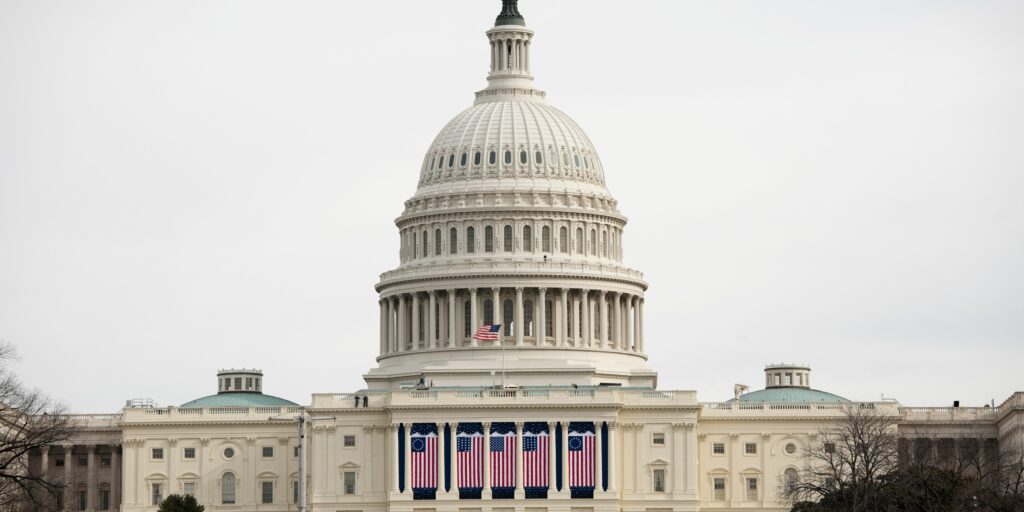MARK COLVIN: The Obama administration is about to venture onto the difficult foreign policy task of trying to negotiate an Arab-Israeli peace deal.
Over the next two weeks Barack Obama will hold a series of meetings with the leaders of Israel, Egypt and the Palestinian Authority.
The administration has already made it clear that it’s determined to avoid delays as it pursues its goal of a two state solution in the Middle East.
Washington correspondent Kim Landers reports.
KIM LANDERS: President Barack Obama is promising long term, top level US engagement in the Middle East and the White House says he’s “optimistic” about the prospects for progress in the stalled Arab-Israeli peace process.
Over the next fortnight, President Obama will meet Israeli Prime Minister Benjamin Netanyahu, Egyptian President Hosni Mubarak and Palestinian leader Mahmoud Abbas.
Former British Prime Minister Tony Blair, who’s now the Middle East envoy on behalf of the United Nations, the European Union, the US and Russia says the new Obama administration is providing an opportunity not to be missed.
TONY BLAIR: I would say up until the end of this year, there is a critical window of opportunity and it would be sensible for us to pass through it.
KIM LANDERS: So the looming visits to Washington will be closely watched.
Aaron David Miller is a public policy scholar at the Woodrow Wilson Center for International Scholars in Washington.
He’s been an advisor to six US secretaries of state on Arab-Israeli negotiations.
He says it’ll be “excruciatingly difficult” to come up with an agreement that resolves the core issues between the Israelis and Palestinians during these meetings.
AARON DAVID MILLER: You have a lot of rhetoric which suggests a change in tone and there’s a sense about the Obama administration that, unlike its predecessor, they understand that diplomacy has to be transactional.
Whether or not it’ll all translate once the need to actually define and try to implement a strategy is another matter and there’s no way to predict that now.
KIM LANDERS: Daniel Levy is a former Israeli peace negotiator who’s now the director of the Middle East Task Force at the New America Foundation.
DANIEL LEVY: The test will be what are the policies that one continues with and that one promotes as the Obama administration and crucially, whether the Obama administration allows the parties, all of the parties, to take this peace effort and walk it to a place that I would call the comfort zone for the parties, where real decisions don’t have to be made, where big issues don’t have to be addressed, where they can get back to where they’re comfortable with, which is blaming each other.
KIM LANDERS: New Israeli Prime Minister Benjamin Netanyahu will be the first of the three leaders to meet President Obama.
One possible sign of friction between the two men could be Prime Minister Netanyahu’s support for continued building in existing settlements in the West Bank.
Vice President Joe Biden has already delivered a blunt message to the powerful pro-Israel lobby AIPAC.
JOE BIDEN: Israel has to work towards a two state solution. You’re not going to like my saying this but not build more settlements, dismantle existing outposts and allow the Palestinians freedom of movement based on their first action.
KIM LANDERS: So will the Obama administration be tougher on Israel?
Aaron David Miller doesn’t think the change in tone means the US is going to change its policy.
AARON DAVID MILLER: You shouldn’t be tough with the Israelis because you’re frustrated with them or frankly to make nice to the Arabs. You get tough with the Israelis and press them when in fact by pressing them you can actually achieve or reach an agreement. To be tough in a vacuum makes no sense.
KIM LANDERS: Shibley Telhami is the Anwar Sadat Professor for Peace and Development at the University of Maryland.
He says the Obama administration has to articulate its vision for an Arab-Israeli peace deal soon.
SHIBLEY TELHAMI: I think the pressure is going to mount after the end of this series of consultations; the President going to Egypt in June, the pressure’s going to mount for some early indication of substantive change in policy or substantive moves by that administration, otherwise the credibility is not going to last.
KIM LANDERS: But so far, the prospects for progress in the stalled peace process appear slim.
MARK COLVIN: Kim Landers.
(photo: Los Angeles Times)




